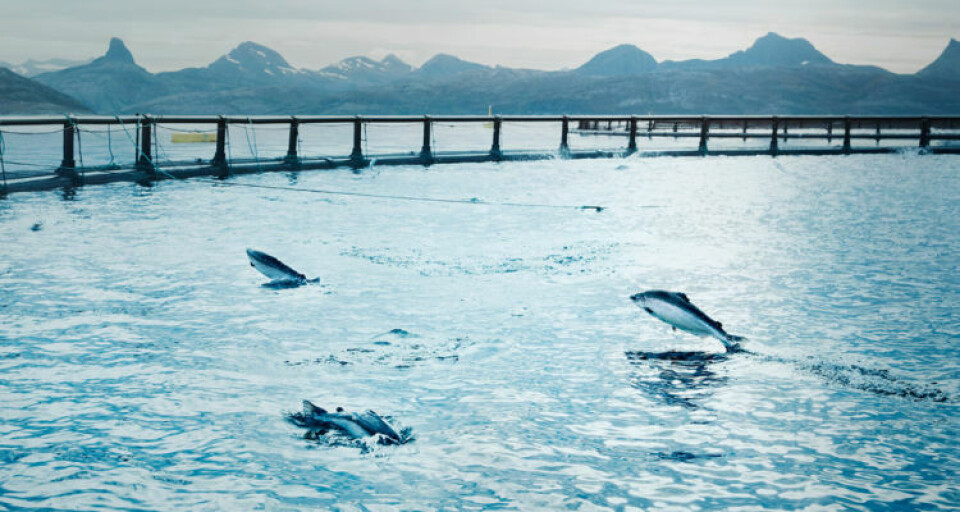
Chile salmon harvests bounce back in 2017
Chile's total harvest of Atlantic and coho salmon and rainbow trout registered in 2017 reached a total of 791,000 tonnes, 16.9% higher than that registered in 2016, but 5% lower than to the average of the years 2015 and 2014.
According to figures from industry regulator, Sernapesca, the annual harvest of fish and shellfish amounted to 1.151 million tonnes, 18% higher than in 2016. Atlantic salmon, mussels and salmon coho, contributed 50.6%, 29.3% and 11.7% to the total respectively.
The harvest level of Atlantic salmon in 2017 was 582,000 tonnes, 15.2% higher than in 2016. The resource was harvested mainly in the regions of Aysén (312,000 tonnes) and Los Lagos (192,000 tonnes).
Coho harvest up 35%
Harvests of rainbow trout reached 75,000 tonnes, an increase of 4.1% over 2016. The main production regions were Los Lagos (30,700 tonnes) and Aysén (23,200 tonnes). Rainbow trout represented 6.5% of the national total of harvests.
Harvests of coho salmon were 134,000 tonnes, 35% higher than in 2016. The resource was harvested mainly in the Los Lagos region (103,000 tonnes), and Aysén (31,000 tonnes).

Meanwhile, the world's biggest salmon farmer, Marine Harvest, has decided to reduce the value of its assets in Chile by US$110 million, largely due to regulatory issues and future production volumes in the country.
'Impossible to occupy 187 licences'
Fernando Villarroel, Marine Harvest's general manager in Chile, told El Mercurio: "Considering the carrying capacity of our country, it is impossible to occupy the 187 licences that Marine Harvest Chile has, and we do not intend to do so either. This, mainly, because we believe that the industry in Chile needs a sustainable level of production."
Villarroel said that "it is fundamental to advance in a regulation that focuses on sustainability, giving stability and predictability to production."
He insisted that Chile "must have fewer licences, more distanced, with greater capacity and that any growth is determined by the biological and health outcomes of each centre and company."




















































